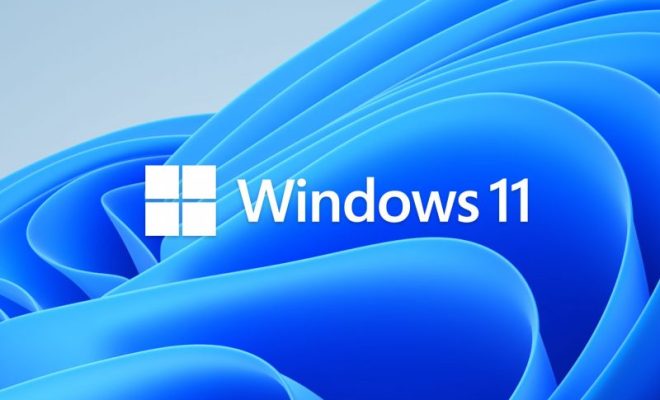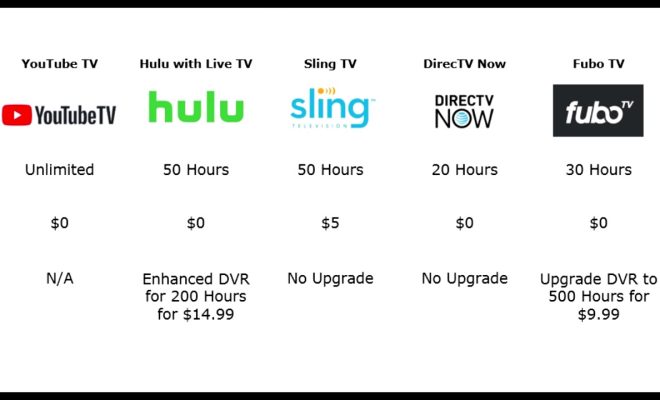SEO For LMS Websites: What It Takes To Get To The Top Of Google

LMS websites have a lot of things to take into consideration in hopes of even getting their website indexed by Google, let alone getting to the top of the Google search rankings for key search terms. In short, an LMS website needs to be created with Search Engine Optimization (SEO) in mind – ensuring that the website is easy to find by potential customers searching for related terms on Google.
Search Engine Optimization is a point of controversy and contention, but the truth remains that Google rewards well-presented, well-written content that serves its customers. The first priority of an LMS website is to ensure that anybody who lands on it gets the answers to the questions they’re asking. There should also be ample opportunities to convert such views into customers, which hopefully increases in number as time goes on.
Black-hat search engine optimization doesn’t fit the bill anymore. You have to create quality content instead of stuffing keywords and phrases in hopes that Google will shoot you up the ranks.
LMS Websites Must Stay Ahead Of The Curve
Google tweaks its algorithms regularly, so it’s up to LMS websites to consistently update and optimize their content to both satisfy people landing on their pages and to also satisfy Google’s spiders, who are beginning to view content with a critical eye eerily similar to that of a human user.
LMS websites must employ writers who consistently churn out timely content worth a reader’s time. Google algorithmic changes are emphasizing quality over quantity, including organic shares on social media and time spent by their users on a certain page without bouncing elsewhere.
For an LMS website to get to the top of the Google search indexes for key phrases, there needs to be a concerted and consistent effort to stock and restock the site with quality content worth searching for.
This kind of optimized content cycling is critical for LMS websites to be noticed with a sea of competitors flailing their wares around in the vast Google ocean.
Start Thinking Mobile First
The average Google customer isn’t a desktop-user anymore. The majority are using Google in varying browsers and varying capacities via mobile devices. Therefore, Google has started to penalize websites that are optimized for desktop only and look like an absolute mess on a mobile browser.
You may have spent a ton of resources and money on B2B Search Engine Optimization solutions for your website, but it means absolutely nothing for your indexing health on Google if you’re not optimized for mobile browsing.
Concluding Thoughts
Google’s service leans heavily on a community-curated element with humanity and human experience so that future customers know what they are getting. So, in short, LMS websites must go where the people are and serve their needs well in order to become viable as a top search ranking contender on Google.
How do you do that? Well, if the majority of your customers are viewing your website on a mobile device, LMS websites should make mobile-optimization important. While keywords are always helpful, it’s most important to have quality content that users will enjoy and interact with.
By doing so, and by keeping abreast of Google’s algorithmic shifts, an LMS website has a much better chance of landing at the top of the Google search rankings.






